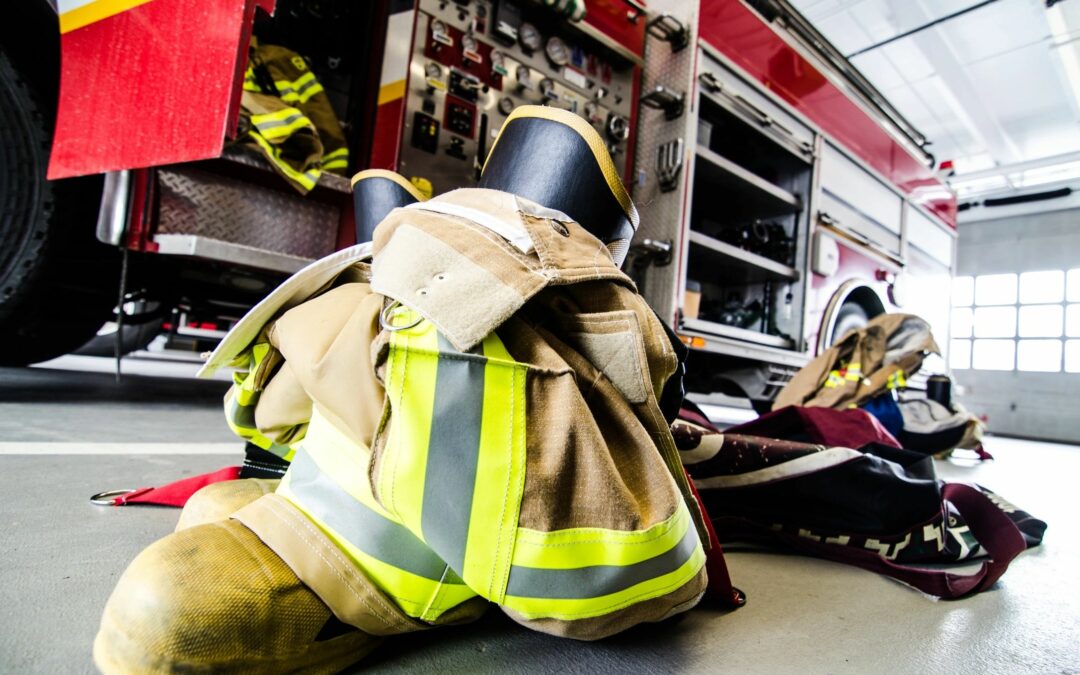By Matthew Chung*, Jasper L. Tran, and Matt Johnson
Our previous blog post on NHK Spring Co. v. Intri-Plex Techs., Inc., No. IPR2018-00752, Paper 8 (PTAB Sept. 12, 2018) (precedential), noted the PTAB’s exercise of its § 314(a) discretion to deny IPR institution, despite the IPR petition’s timely filing, because a district court trial on the same patent is scheduled for March 25, 2019, more than six months away. See blog post on When Is A Timely IPR Petition Not Timely Enough? Following NHK, the PTAB again denied an IPR institution under § 314(a) due to a district court trial scheduled for April 2020, still eleven months away. E-One, Inc. v. Oshkosh Corp., No. IPR2019-00161, Paper 16 (PTAB May 15, 2019).
On February 23, 2018, Pierce Manufacturing, a subsidiary of Oshkosh Corporation, sued REV Group and E-One for infringement of U.S. Patent Nos. 9,597,536 (“’536 Patent”) and 9,814,915 (“’915 Patent”) in the Eastern District of Wisconsin (“Wisconsin action”). Pierce Mfg. v. REV Grp., No. 18-cv-284 (E.D. Wis.). REV Group and E-One responded on March 14, 2018 by filing a declaratory judgment action on the two patents in the Middle District of Florida (“Florida action”). Pierce Mfg.. v. E-One, No. 18-cv-617 (M.D. Fl.). The Wisconsin action was transferred to the Middle District of Florida on April 20, 2018 and consolidated with the Florida action on May 2, 2018. Pierce Mfg. v. REV Grp., No. 18-cv-976 (M.D. Fl.). A trial is scheduled for April 2020. No. 18-cv-617, Dkt. 43 (June 13, 2018).
On November 20, 2018 (less than nine months after the filing of the Complaint), E-One, REV Group, and others filed two IPR petitions on the two patents. Nos. IPR2019-00161 (’536 Patent), IPR2019-00162 (’915 Patent). In its preliminary responses, Oshkosh and Pierce Manufacturing cited NHK to argue that instituting an IPR would be similarly inefficient given the status of the district court proceeding.
Though the IPR2019-00162 petition is still pending, the PTAB agreed in No. IPR2019-00161 and denied IPR institution of the ’536 Patent because the district court trial on the same patent is scheduled for April 2020, i.e., eleven months away. “Institution of inter partes review is discretionary” under 35 U.S.C. § 314(a). E-One, No. IPR2019-00161, Paper 16 at 5. The “Petition presents the same issues, arguments, and evidence as it has presented in the Parallel District Court Case.” Id. at 6. To date, the “district court has already expended substantial resources to gain familiarity with and resolve these issues.” Id. at 9. For instance, while the IPR petitions were pending, the district “court has received briefing, heard oral argument, and issued detailed decisions granting a motion for a preliminary injunction. The district court also received briefing and heard oral argument on claim construction, and issued a claim construction ruling.” Id. at 7. The district court trial would have been concluded before a final decision would be due in the PTAB proceeding if IPR was instituted. Id. at 6.
This E-One decision again emphasizes that it is often advisable for an alleged infringer to immediately consider an IPR petition upon initiation of an infringement suit to allocate sufficient time for searching for prior art, retaining an expert, drafting and filing the IPR petition and declaration, and waiting six months for an institution decision. Petitioners and Patent Owners should not assume that a petition is timely merely because it is filed before the one-year time bar. In determining when to file IPR petitions, Petitioners should consider the status of any related litigations. In particular, if a related litigation is pending in a rocket-docket venue, Petitioners may want to file an IPR petition on an expedited schedule, well before the one-year deadline. Patent Owners, on the other hand, should consider challenging the timing of a “timely” IPR petition if the IPR proceeding would inefficiently conclude after the scheduled district court trial.
*Matthew Chung is a 2019 Summer Associate.
Matthew Johnson
Latest posts by Matthew Johnson (see all)
- Precedential: Time-Barred Copycat Petitions Only In Exceptional Circumstances - February 16, 2026
- Claim Construction Stipulation Avoids Discretionary Denial - February 4, 2026
- PTAB Statistics Through Two Months of FY 2026 - January 15, 2026

